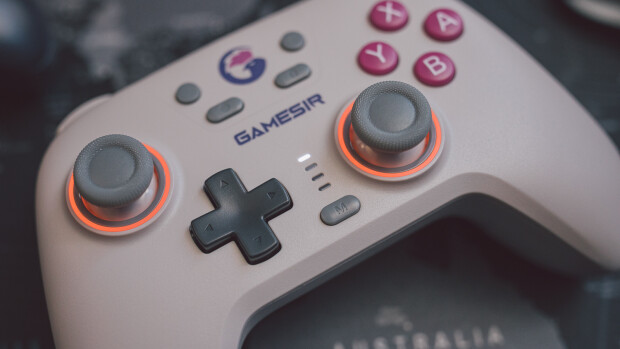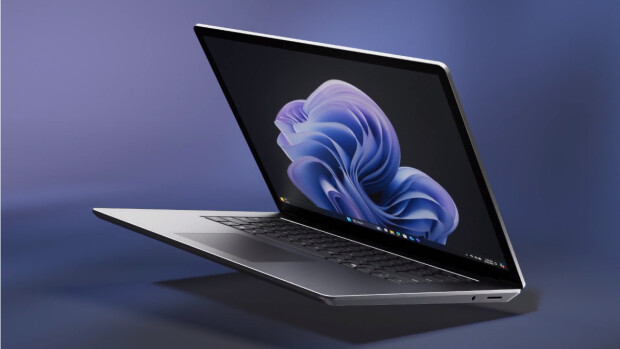
While ChatGPT is the latest talk of the town, artificial intelligence is just getting started and trying to replace humans in more and more industries. Apparently, the voice-over industry is the latest name on this list.
Motherboard reported last week (via Gizmodo) that a number of voice artists are being asked to sign contracts that include the rights to their voices. The goal is to create a synthetic version of their voice that could also be used in place of the real deal.
What's surprising is that in some cases the artists weren't seemingly aware that such a clause existed, or it was mandatory in some instances, as per the report.
While it sounds interesting on the surface that you can create a digital version of your voice, put it to work, and make profits off of it. But the concern is more layered than it seems. There's a fear that artists might not get additional compensation for the use of their synthetic voice.
This trend has its collateral damage, where artists have no control over when and where their voice is being used without permission. What's worse is that anyone can use a publicly available audio clip of theirs to create a synthetic voice.
We can somewhat assume the gravity of the situation as the issue is being addressed by industry pros, including Steve Blum, Stephanie Sheh, and Kara Edwards.
Hey friends, I know AI technology is exciting, but if you see my voice or any of the characters that I voice offered on any of those sites, please know that I have not given my permission, and never will. This is highly unethical. We all appreciate your support. Thank you.
— Steve Blum (@blumspew) February 11, 2023
Hi all, voice actors need your help. If you find our voices on AI voice apps please let us know. Their databases are often only visable to subscribers or people who have paid for the app. Please let us know if our voices are being stolen. @VocalVariants #protectrealvoices
— Stephanie Sheh (@stephaniesheh) February 10, 2023
Just last month, an AI-generated voice resembling actress Emma Watson was used to read sections of Mein Kampf which were then uploaded to 4chan. It was reported that a beta program from ElevenLabs was used to perform the task.
Fortnite-fame voice actor and director Sarah Elmaleh highlighted an edge that human artists have. If they think "a particular line in the script doesn't feel right," they can negotiate on whether to include it or not. But the AI-based tech "obviously circumvents that entirely,” she told Motherboard.
While it makes sense to see repetitive jobs going into the hands of robots and AI, the sight that industries are trying to replace the artistic side of humanity is a bit hard to digest. Nonetheless, AI is going to have some presence in the entertainment industry sooner or later.

















0 Comments - Add comment